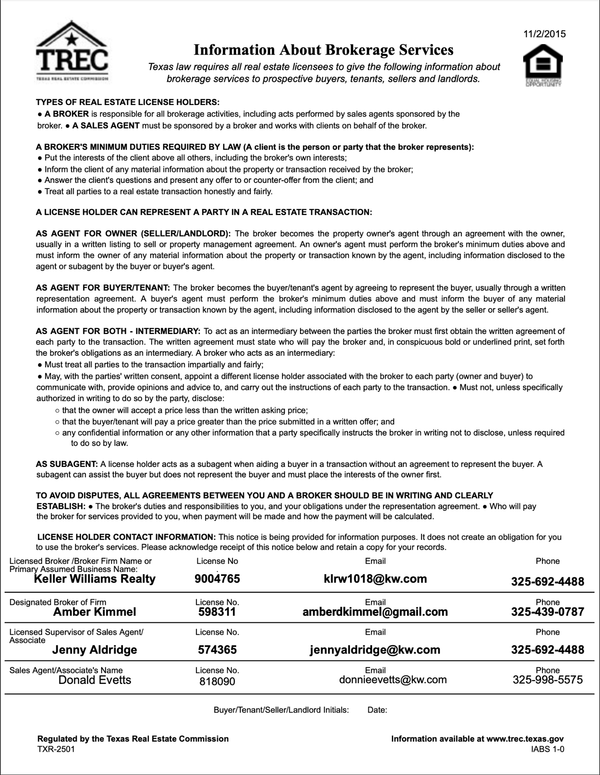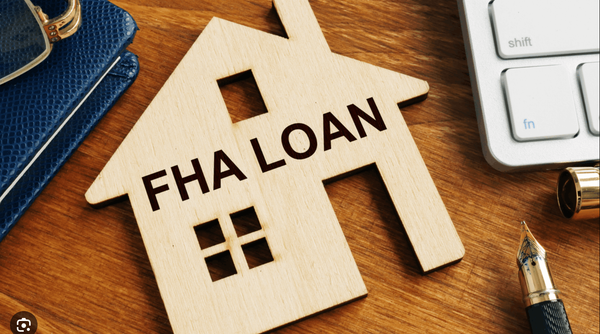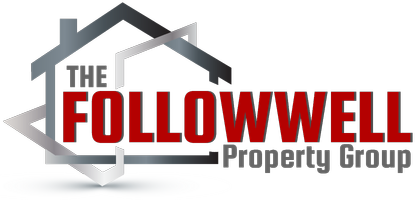Homeownership: The Start of the Home Buying Journey

So, you're ready to take the leap into homeownership – congratulations! But with so many questions buzzing around your mind, where do you even start? Let's break it down. How much home can you afford? What kind of loan suits your needs, and can you qualify for one? And what about your credit score
Read More-

FHA Appraisal and Inspection Guidelines

It is important to kno what kind of loan type you want to get. Conventional loans genereally need 20% down payments, while FHA loans can be as low as 3.5% traditionally. But, FHA loans require a few more checkboxes before final approval. Here is some great information provided by Forbes.com. FHA
Read More
